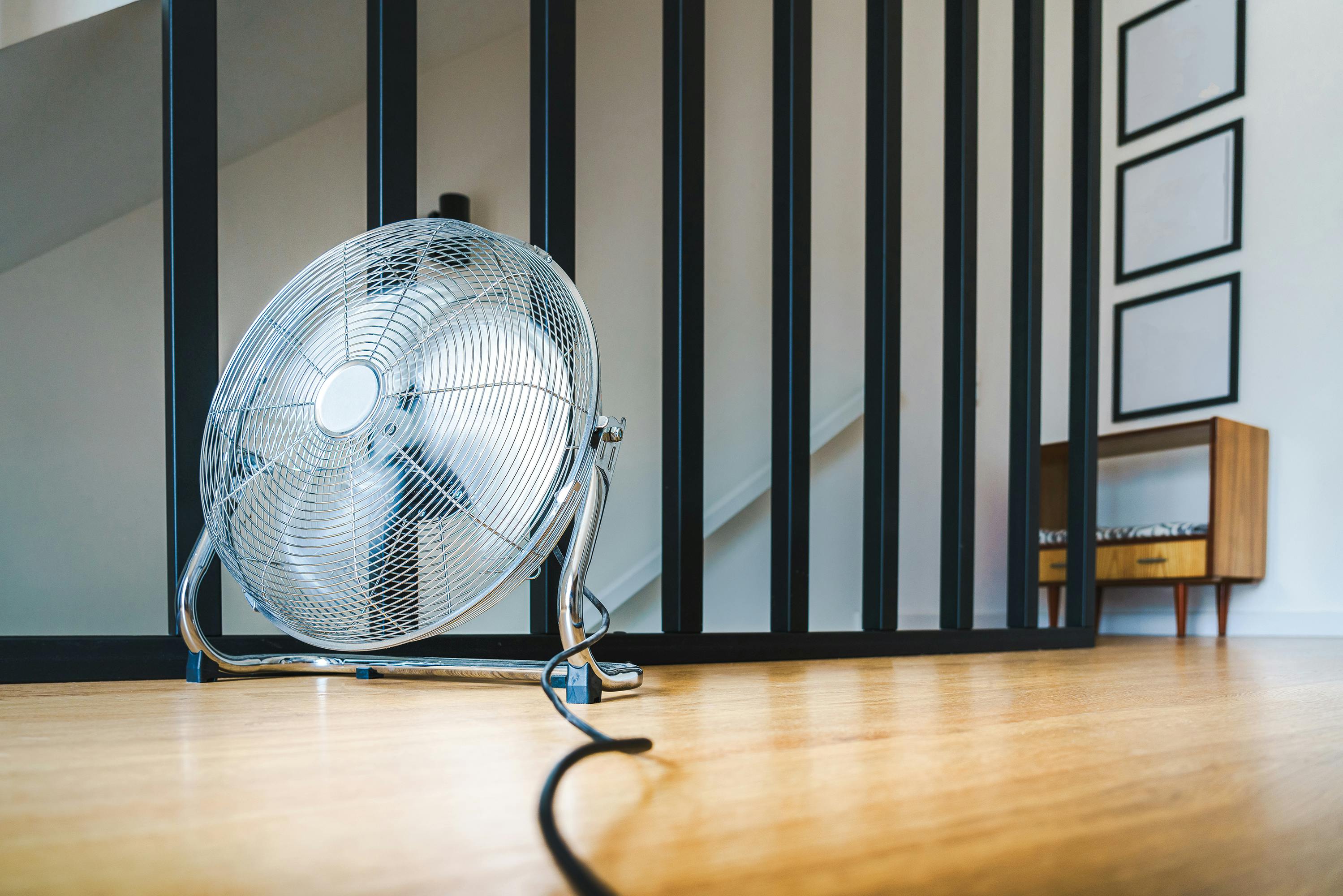
Introduction
When the heat of summer kicks in, the last thing you want to experience is the breakdown of your air conditioning system. As our reliance on air conditioning has grown, a malfunction during the hot season can turn your home into an unbearable living space. This article titled "Effective Tips to Stay Cool When Your Air Conditioner Breaks Down: A Comprehensive Guide" provides useful strategies to stay cool during the hot summer months when your air conditioner decides to take a break.
Why Your Air Conditioning System Might Fail
Your air conditioning system, just like any other heavy-duty machine, is prone to failures. Some of the common reasons why this might happen include a refrigerant leak, frozen evaporator coils, dirty condenser coils, fan problems, leaking ducts, or a thermostat issue. It's critical to regularly maintain your unit to avoid these failures, but in the case of an unexpected malfunction, there are still effective ways to stay cool.
Principles of Keeping Cool Without Air Conditioning
To stay cool without air conditioning, you need to understand basic scientific principles that govern heat and how it's transferred. The three methods of heat transfer—convection, conduction, and radiation—play a significant role in keeping your home cool. Understanding and employing techniques aligned with these principles can help mitigate the effects of a malfunctioning air conditioner.
Essential Cooling Off Strategies
1. Limiting Heat Production
A cool environment begins with limiting heat production within your living space. Devices such as incandescent bulbs, computers, and kitchen appliances generate heat. By minimizing their usage, especially during the hottest period of the day, you reduce the amount of heat produced inside the house.
2. Using Fans
Fans might not produce cold air, but they significantly aid in cooling by circulating the existing air. Position fans to create a wind tunnel effect, maximizing their cooling potential. Also, consider purchasing a small desk fan or ceiling fan for direct cooling. Remember to turn off the fans when leaving the room, as they only cool people, not spaces.
3. Blackout Curtains or Shades
Approximately a third of unwanted heat influx comes from your windows. By installing blackout curtains or shades, you can notably diminish the greenhouse effect that the sun creates in your house, maintaining a cooler interior.
4. Using Natural Ventilation
Maximizing natural ventilation can help keep your living space cooler. Opening windows and doors in the evenings when it’s colder outside can help flush out accumulated heat.
5. Dress Appropriately
Wearing loose, light-colored clothes made from breathable fabrics can help your body stay cool. Darker colors absorb more heat, making you feel warmer.
6. Stay Hydrated
Drinking plenty of water helps your body maintain a normal temperature, making you feel cooler.
7. Cook Outside
Using kitchen appliances leads to increased heat production. Taking the cooking outside, you reduce the interior heat load.
Maintaining Air Conditioning Systems
To avoid the uncomfortable situation of a broken air conditioner, preventive maintenance is crucial. Regularly clean and replace filters, ensure refrigerant levels are sufficiently high, clean coils and coil fins, and always keep the surrounding area clean and clear. It’s also beneficial to schedule professional HVAC inspections annually or biannually.
Conclusion
In conclusion, a broken air conditioning system does not need to spell disaster. By understanding the principles of heat transfer and employing the strategies outlined in this comprehensive guide, you can keep your home cool and comfortable even in the absence of air conditioning. However, proper maintenance of your air conditioner is the best way to prevent unwanted malfunctions. Stay cool, be prepared, and enjoy the summer season.